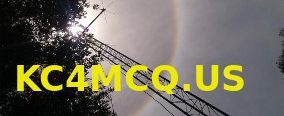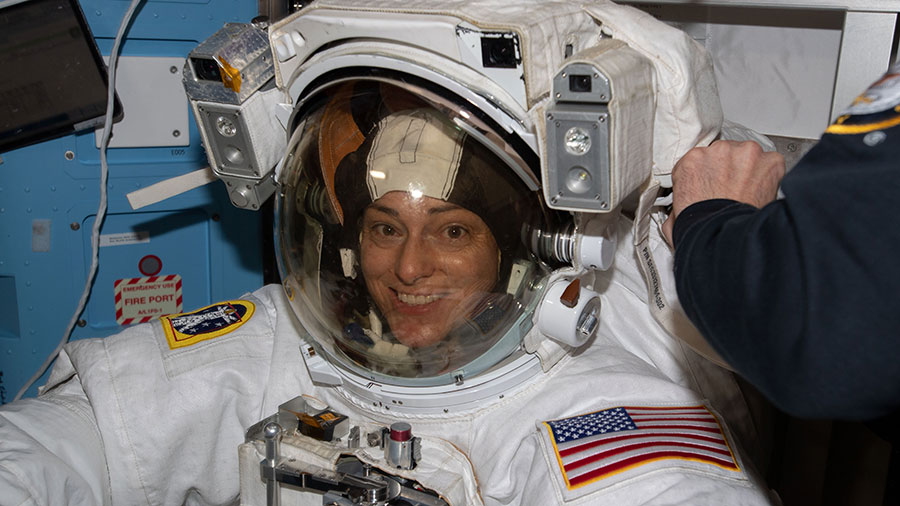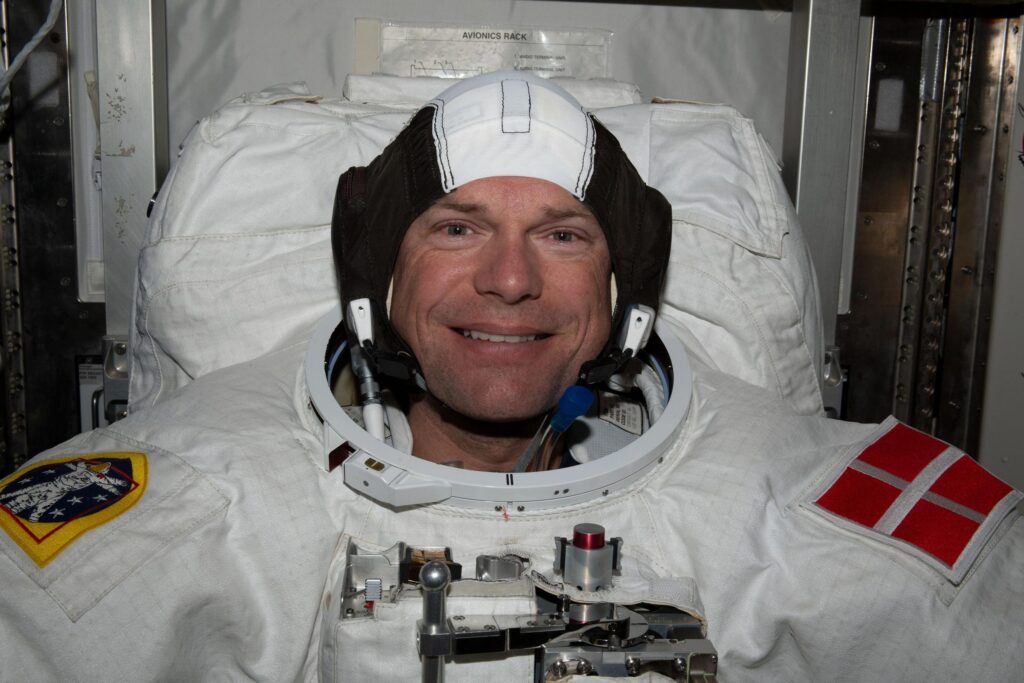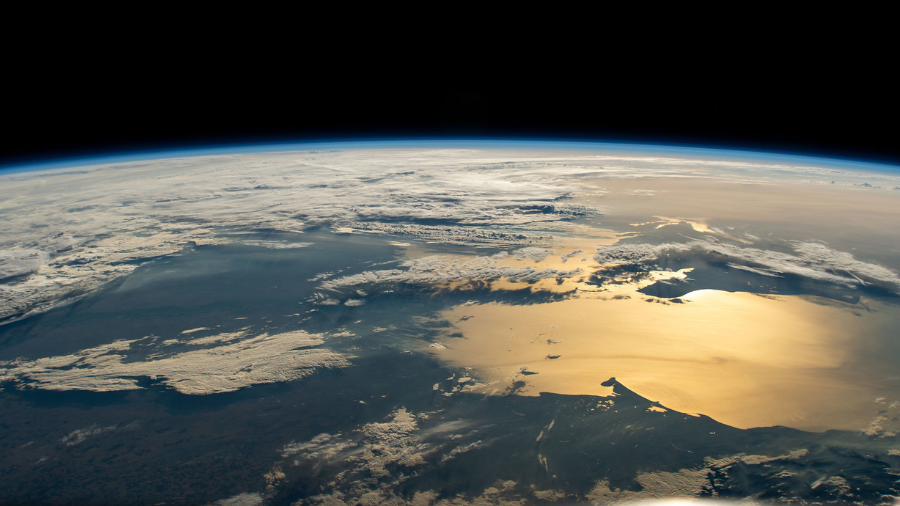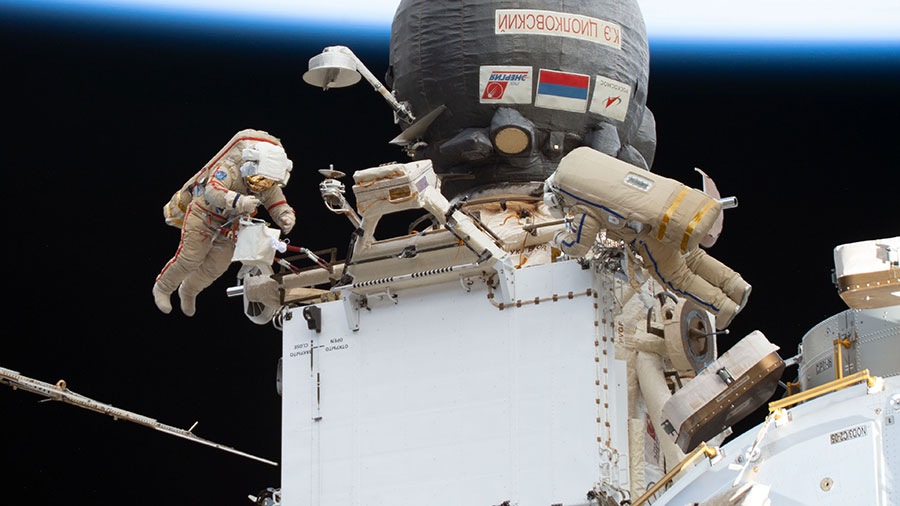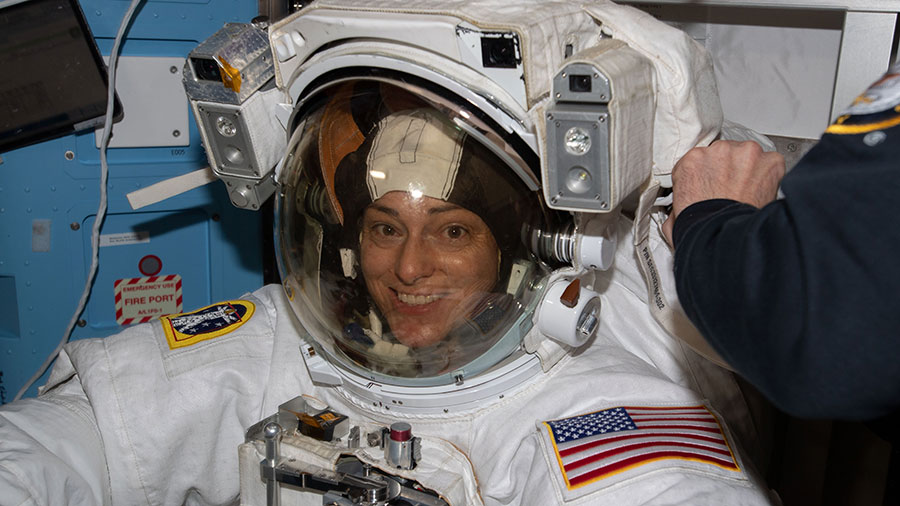
Mission managers have given the “go” for two astronauts to exit the International Space Station on Thursday and conduct a seven-hour spacewalk. While the spacewalk preparations were under way, the rest of the Expedition 68 crew kept up its ongoing schedule of human research, botany, and physics experiments.
Flight Engineers Nicole Mann of NASA and Koichi Wakata of the Japan Aerospace Exploration Agency (JAXA) will set their Extravehicular Mobility Units (EMUs), or spacesuits, to battery power at 8:15 a.m. EST on Thursday. After their EMUs are set to battery power, the astronauts’ spacewalk officially begins and they will exit the Quest airlock into the vacuum of space and maneuver to the starboard truss structure. Once they arrive at the Starboard-4 truss, they will complete a modification kit installation job they began on Jan. 20 to prepare the station for its next roll-out solar array.
Mann and Wakata started Wednesday readying their spacesuits and its components inside Quest. Afterward, NASA Flight Engineer Frank Rubio joined the duo and began organizing spacewalking tools and hardware before a final procedures review and a conference with specialists on the ground. Roscosmos Flight Engineer Anna Kikina also handed the spacewalking astronauts dosimeters, or radiation detectors, to attach to their spacesuits. NASA TV, on the agency’s app and website, will begin its live spacewalk coverage at 6:45 a.m. on Thursday.
Rubio began his day with NASA Flight Engineer Josh Cassada collecting and processing blood samples for spinning in a centrifuge, stowage in a science freezer, and later analysis. The pair then split up configuring advanced research hardware and an ultra-high resolution video camera. Cassada relocated two TangoLab facilities from a research rack in the Destiny laboratory module to a research rack in the Columbus laboratory module. The TangoLab cube modules enable a variety of space research from microbiology to chemistry. Cassada also watered tomato plants growing for the Veg-05 space botany study. Rubio installed the Sphere Camera-1 inside Destiny to evaluate its ultra-high resolution capabilities that may assist future space travelers with vehicle inspections, as well as Earth and space observations.
Commander Sergey Prokopyev continued testing a 3-D printer checking its performance while being controlled from a computer. Roscosmos Flight Engineer Dmitri Petelin worked throughout the day packing the ISS Progress 82 resupply ship with trash and discarded gear before replacing air filters inside the Zvezda service module. Kikina, after handing over radiation detectors in the morning, worked inside the Nauka multipurpose laboratory module testing operations with the European robotic arm.
Learn more about station activities by following the space station blog, @space_station and @ISS_Research on Twitter, as well as the ISS Facebook and ISS Instagram accounts.
Get weekly video highlights at: https://roundupreads.jsc.nasa.gov/videupdate/
Get the latest from NASA delivered every week. Subscribe here: www.nasa.gov/subscribe
